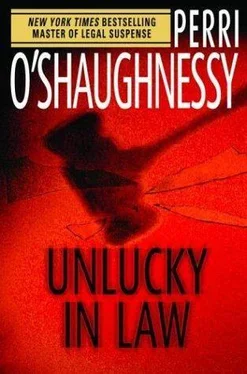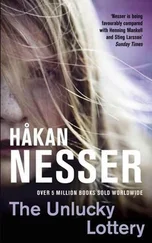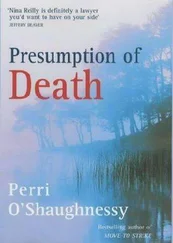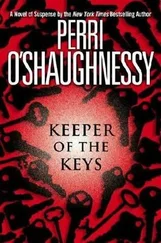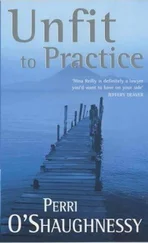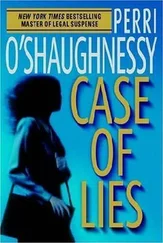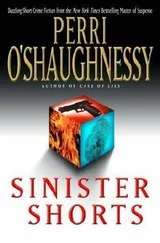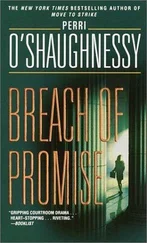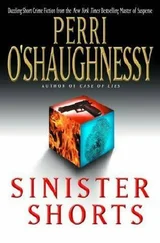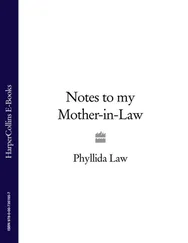“Because he broke your window?”
“Because of how he broke it. Quickly and without a second thought. Leaving me a note, for Pete’s sake.”
“Be careful, Paul,” Nina said. “I-I’m thinking of you.”
“I’m always careful, honey.” He closed the phone and walked back, thinking, Man, are we ever tiptoeing around our situation. He and Nina seemed to have arrived at an implicit understanding not to deal with their relationship right now, but Paul was damn lonely these days and sick of it. They needed to clear the air somehow soon.
Across the street from the cathedral he spied a bakery with signs in Cyrillic. Inside, he bought himself a roll and coffee and sat at a small table watching the golden doors while babushkas came in and went out with bread in their shopping bags, as if he had just been transported via magic carpet to Novgorod.
The bells rang again and the people came out of the cathedral, older people mostly, Father Giorgi doing his thing with the bowing and the chatting and the hand holding. The big doors closed. Traffic roared up and down Geary, and the wind blew litter down the wide avenue.
“Got a paper?” Paul asked the bored woman at the counter. She produced one that said “Npabga,” or so it seemed to Paul. “Pravda,” she said. “Truth. You read Russian?”
He passed on the news, although a little truth wouldn’t have gone amiss. It was going to be a long afternoon.
At five, another church service inspired what appeared to be the same people going in and out, and a different priest. Paul entered, inhaling the incense, standing with them for a few minutes as the prayers went on. He saw no sign of Father Giorgi. He felt jumpy. You needed two to stake out a tango for more than a few hours. He needed exercise, a chase, something.
Otherwise, left with only a heavily thumbed real-estate throwaway and his own thoughts to amuse himself, he would brood about Nina, which he didn’t want to do. She would never believe he could give her the room she needed to be herself, and in truth, he wondered himself sometimes. He did fight a wolf urge to gobble her up. He wanted to protect her, which she hated. He had done awful things for her, which he did not regret, but which had left permanent, unfortunate stains on his soul. How many times had he asked her to marry him now, three? More?
She had the ring. He had worked the script. But Nina didn’t answer. Time barreled along, and still she did not answer.
And maybe he didn’t have the heart to hear her excuses anymore.
Man, he was tired of being a good boy all the time. He had tried and tried with this woman, and all he got was yanked, mostly not in a good way. In his younger days, he might have stopped into a bar looking for a healthy, all-out brawl, just to remind himself who he really was. He was in that frame of mind.
Disgusted at his lack of progress on every front, he went back outside, crossed the street again, walked down to Anza to check on his car, and found a ticket.
Now he needed a bathroom. The street grates didn’t look too inviting. He walked rapidly back to Geary and down the block found a sushi place where he ordered ebi to go and took care of his human needs. Bearing his white paper sack of sushi, he headed back toward his observation post.
The bakery closed and the bar next door opened, and Paul found a place by the street window. Traffic increased, then died away as dusk came and the streetlights came on. By now Paul could have drawn the cathedral by heart. It was inordinately beautiful, sublime, and a saint had lived there. How comforting to have all the rules divinely received, so you didn’t have to question and test and doubt ever again.
He began to ponder his own upbringing as he drank his Coors. His parents still lived nearby, and so did his sister. He should give them a call, go see them while he was in town, but he knew he wouldn’t. No time, on a job, all the old reasons. Excuses.
He had been raised in the Mission District, just down Geary and a few miles south. His parents had insisted he attend Sunday school. The dusty room reserved for children of the faith contained a blackboard, some frayed books and missionary magazines, a stack of Bibles, and a map of missionary activities, which Paul studied with the obsessive interest of one confined in a place one does not want to be. Sunday after Sunday he puzzled out the names: Celebes, shaped like an octopus; Sumatra; Burma; Cebu; fabulous jungly places he would go to someday.
It had been a long time since he had thought about those youthful stirrings of travel fever, and longer still since he had been a believer. He considered the stops along the way, and thought on the whole he could never go back.
A black Infiniti cruised by. Krilov! Paul ducked, then took a cautious look out the door. Nothing new; parked cars, the restaurants spilling out customers, the cathedral domes gleaming in the streetlights.
He gave Krilov a couple of minutes, which he was later to regret, before venturing across the street and up the stairs to the main door, which was locked again. Hastening his steps, he went around the corner on the right, but the subsidiary doors looked locked, too.
Again Paul gave it time. He didn’t want to be standing in the open if Krilov was still parking half a mile away.
From far away, Celebes maybe, he thought he heard a shout. No, it was from inside the church. He made a sudden decision and started trying the side doors, but they were all locked.
Then he saw a floor-level window, the rusty grillwork pulled aside, glass shattered along the asphalt beneath. Krilov was unbelievably decisive and fast. Paul pulled off his sweater and wrapped his hand and probed around the dark hole, decided it felt big enough and safe enough, and snaked his way in.
Blackness, some sort of small room. He smelled the pungent church incense, bumped into a hard cot, and found the light by the door.
He was in a tiny cell-like space containing a cot, a plastic-topped desk, and a wooden chair. On the wall above the bed he saw a double silver cross with the same curious slanting line at the bottom, the cross of the eastern orthodox churches. Some black robes hung on a hook. On the table two lit candles illuminated tin cans full of flowers. Incense burned. Propped on the table was a large photograph of a heavily bearded man wearing thick glasses, and a gold-rimmed black ikon of the Virgin Mary.
“Sorry,” he muttered to the dead saint in the picture. He pulled on the sweater-the room was deathly cold-patted his shoulder holster, and listened.
Sobbing, coming from deeper within.
He turned the doorknob and found himself in a long dark hall with shabby carpeting, some sort of light at the end where another door came in. The sobbing sounds came from there.
Paul edged down the hall, thanking whomever for the carpeting that muffled his footsteps. At the edge of the open door at the end he hesitated briefly, then stooped and very swiftly looked in and back out again.
Father Giorgi was doing the sobbing, a quiet, resigned kind of crying. Kneeling, he faced the door, eyes closed, beard sticking out, head pulled way back by Krilov, who held a long wicked knife to his throat. Krilov spoke in a low insistent voice, the voice of one who is extorting information, but the language was Russian and Paul had to stop that knife. He pulled out his Glock, stepped in, and said, “Drop it!,” holding the gun in both hands, in position, ready to blow Krilov away if the knife moved.
Krilov’s lips parted and his eyes widened. Father Giorgi’s eyes popped open and he flung himself back convulsively, knocking Krilov off balance. The priest leaped up and flung open a small door on the other side of the room and ran for his life, Krilov only steps behind him, and Paul tearing along behind Krilov.
Читать дальше
